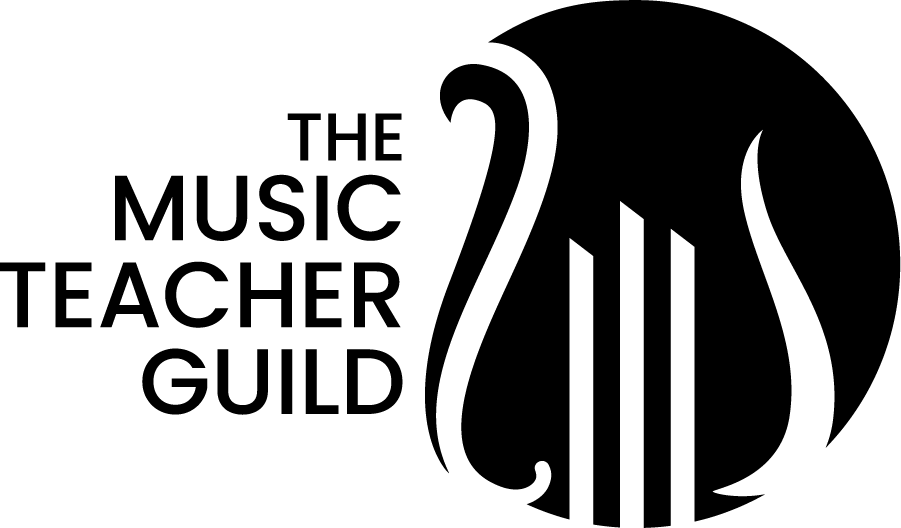Becoming a Certified Drum Teacher
Why Get Certified as a Drum Teacher?
Professional Recognition
In today’s competitive job market, professional recognition plays a crucial role in career advancement. A certification shows that you've gone through formal training and have been assessed by a recognized institution, demonstrating your commitment to excellence. Whether you are teaching at a music school, offering private lessons, or even planning to instruct online, a certification can set you apart from other drum teachers.
Certification also adds credibility to your name. Music schools and parents alike want to ensure that their students receive quality instruction from qualified professionals. A certified drum teacher immediately signals to employers and clients that you are serious about your profession and that you have undergone rigorous training to become the best educator you can be.
Expanding Your Skill Set
Getting certified as a drum teacher is not just about a piece of paper; it's about improving your teaching and drumming skills. Most certification programs emphasize advanced drumming techniques, lesson structuring, and classroom management, helping you develop a more well-rounded skill set. You'll learn the best practices for teaching various drum styles, from jazz to rock, and methods to engage different learning styles.
Furthermore, a certification program often introduces new concepts and modern teaching strategies, such as how to use digital tools and technology to enhance student engagement. Certification helps you become a more versatile educator who can adapt to diverse student needs, whether you're teaching beginners or advanced players.
The Certification Process for Drum Teachers
Understanding the Requirements
Before you embark on the journey to becoming certified, it’s essential to understand the certification requirements. Drum teacher certification programs vary depending on the institution, but they typically include a combination of drumming proficiency tests, educational theory, and teaching practicum.
Some institutions offer beginner, intermediate, and advanced certification levels, allowing you to tailor your certification journey to your current expertise. Beginner-level certification is ideal for those who are just getting started, while advanced certification is suited for seasoned drummers who want to solidify their teaching techniques and enhance their knowledge of advanced drumming concepts.
Steps to Get Certified
Research Certification Programs: Start by researching reputable institutions that offer drum teacher certification. Many music organizations, such as the Drumeo Academy or the Percussive Arts Society, provide structured certification programs online or in-person.
Enroll in the Program: Once you’ve chosen a certification program, the next step is to enroll. Some programs require an audition or assessment to determine your level of expertise, while others allow open enrollment.
Complete Coursework: Certification programs typically include a mix of theoretical knowledge and practical drumming skills. Coursework may cover topics such as music theory, drum techniques, lesson planning, and classroom management.
Pass Certification Exams: After completing the required coursework, you’ll need to pass a series of exams. These exams often include both written tests and performance-based assessments where you'll demonstrate your drumming abilities and teaching methods.
Receive Your Certification: After successfully passing the exams, you’ll receive your drum teacher certification. At this point, you’re officially recognized as a qualified drum teacher, ready to make an impact in the field of music education.
Benefits of Certification for Drum Teachers
Improved Teaching Methods
One of the most significant benefits of becoming certified is the improvement in your teaching methods. Certification programs are designed to teach educators how to plan and execute effective lessons that engage students and help them progress. You'll gain insight into various teaching styles, classroom management strategies, and techniques for tracking student progress.
As a certified drum teacher, you'll be better equipped to design customized lessons for students with different learning styles. You'll learn how to keep beginners motivated while offering advanced students the challenges they need to grow. Certification ensures that your teaching methods are not only effective but also up-to-date with the latest educational trends.
Access to a Network of Professionals
Another major advantage of certification is the opportunity to connect with other music educators. Many certification programs offer access to a community of like-minded professionals who share the same passion for teaching music. These connections can lead to collaborative opportunities, such as workshops, seminars, or joint performances.
Furthermore, being part of a certified network means you can receive ongoing support from experienced professionals in the field. Whether you're seeking advice on a specific teaching challenge or looking to expand your career, a network of certified educators can provide valuable mentorship and guidance.
Conclusion
Becoming a certified drum teacher is a rewarding process that opens doors to new teaching opportunities, enhances your skills, and allows you to provide a higher quality of education to your students. Certification not only boosts your credibility but also empowers you with the knowledge and tools to keep students engaged and excited about learning the drums.
For any drum teacher looking to take their career to the next level, certification is a crucial step. Whether you're teaching in person or online, being certified will help you stand out in the music education community and ensure that your teaching is both effective and impactful. The path to certification is filled with growth, learning, and, ultimately, the satisfaction of knowing you’re providing the best education possible to your students.

